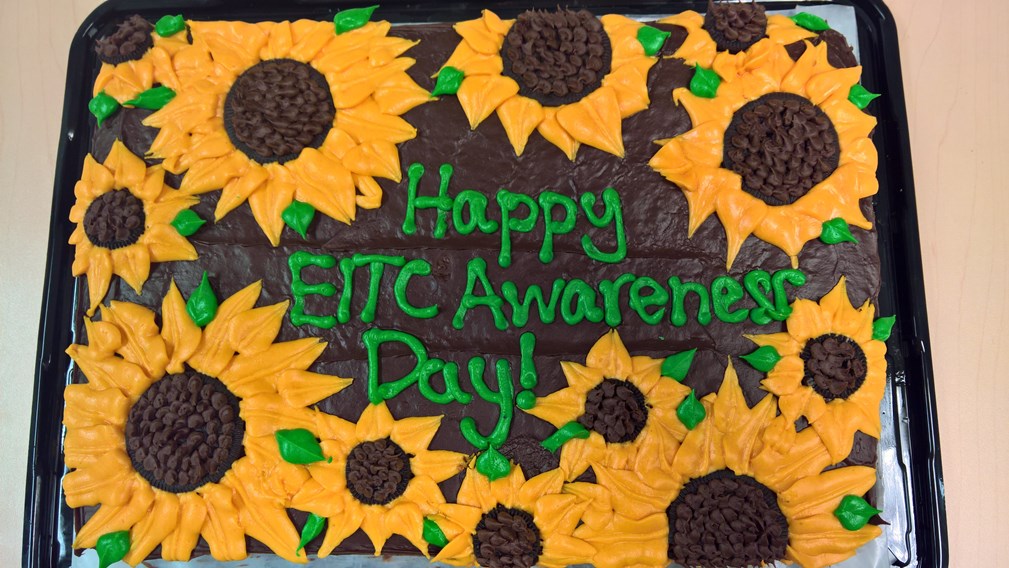Abortion rights, women of color, and LGBTQIA+ people are under attack. Pledge to join us in fighting for gender justice.
Robbing The Food Off Our Tables to Give Tax Cuts to Billionaires

While President Trump may have promised to lower grocery costs during his campaign, people shopping in grocery stores across the country are experiencing a completely different reality. The average price of a dozen eggs in U.S. cities was $5.90 in February (if you’re lucky enough to even find them!) and egg prices are predicted to rise 41% this year, according to the U.S. Department of Agriculture.
Frustrating I know. However, that’s not all.
The Supplemental Nutrition Assistance Program (SNAP) is America’s first line of defense against hunger. Each year, around 42 million people depend on SNAP to help meet their food needs. Despite SNAP’s importance at a time of rising grocery bills and its demonstrated effectiveness, Republican leaders in Congress proposed cutting at least $230 billion from nutrition assistance programs in their budget blueprint. Why would they intentionally increase food insecurity and poverty nationwide? You guessed it. In line with their Project 2025 agenda, Republican leadership is pushing these cuts so that they can give more tax cuts to billionaires and big corporations.
Taking food away from children and families to pad the pockets of millionaires and billionaires simply does not make sense.
SNAP is Critical for Women and Families
Long-standing structural inequities undermine economic security for women, especially women of color, making them more susceptible to poverty and food insecurity. SNAP plays a crucial role in alleviating food insufficiency for women and their families. In fact:
- SNAP is a critical support for low-paid working women, helping them feed themselves and their families as they struggle to meet other basic needs, like housing, childcare, and healthcare, with inadequate paychecks.
- SNAP improves overall health outcomes, reduces health care costs, and supports the well-being of children, older adults, and individuals with disabilities.
- Data on participation shows that women, people of color, LGBTQIA+ people, and people with disabilities were more likely to participate in SNAP.
- In 2023, SNAP moved nearly 3.4 million people out of poverty as measured by Supplemental Poverty Measure, including 1.3 million women (303,000 of whom are Black, 329,000 of whom are Latina, 79,000 of whom are Asian, and 518,000 of whom are white, non-Hispanic).
What These Proposed Cuts Could Mean for Women, Children, and Families
While the specific policies Republican leadership will pursue to make these SNAP cuts are still being drafted, there have been several harmful options proposed that would result in widespread damage. For example, Republican leaders have proposed taking SNAP benefits away from people who live in areas with insufficient jobs—as well as veterans, people experiencing homelessness, and youth aged 18-24 who have aged out of foster care. Their budget also proposes massive cuts to school breakfast and lunch programs, taking away free and reduced lunches from schools serving 12 million students. They are literally taking food away from hungry kids, making it impossible for them to concentrate and learn at school.
Republican leaders have also proposed increasing so-called “time limits”, which limit SNAP participation to three months in a three-year period for most adults aged 18-54 without children in the home unless they can demonstrate they are working at least 20 hours per week or prove they qualify for an exemption, such as having a disability. However, these time limits only kick people off programs like SNAP. Most people receiving SNAP benefits who can work, DO work, and the idea that people, especially single mothers and people of color, need to be forced to work is rooted in racist stereotypes. It is challenging for many people to meet SNAP’s work requirements, especially people with children, people with disabilities, older people—and women. Women are overrepresented in the low-wage workforce, which is plagued by unstable and unpredictable work schedules, part-time work, and few benefits like paid sick leave. They’re also more likely to face discrimination and harassment at work, which can result in job loss or lost hours. Losing help affording food doesn’t help anyone find a job; it only means people go hungry.
I can’t help but think about the Black and brown families I know back home in South Carolina, where I grew up. A lot of them would struggle to afford enough food for their families and programs like SNAP provide a lifeline. Some have failed to meet SNAP’s rigid reporting rules due to caregiving responsibilities, disabilities, low-wage jobs, and limited employment opportunities. These families, like so many others out there, weren’t trying to “game” the system, but instead were trying to survive in a system that wasn’t built for them to succeed.
Despite these barriers, SNAP still remains critically important for millions of families like the ones I know back home, and their stories matter now more than ever. We need to hear from the people who depend on this program to feed their families—people like moms Jennie and Melodie, who both currently receive SNAP but are worried about cuts to the program.
As Jennie told us:
“I’m a single mother of two, and receive no support from my children’s father. I’m college educated; I work; I go to school. SNAP makes it so I can send my kids with a snack each day school with the twenty dollars a week we receive. For the first time ever I have been worried I won’t have enough food to feed my kids. Cereal is up to $10 a box. This is not the time to cut a program that feeds kids.”
Melodie in South Carolina echoed Jennie’s anxieties around possible cuts to SNAP:
“I’m a mother of two beautiful children. I’ve been on SNAP for several years now, and the amount was cut due to me working. You try to balance out everything, but costs are extremely high right now. I’m always budgeting. I’m cutting out necessities that I need for myself just so I can make ends meet for my children. So, if they cut SNAP benefits, what that means is basically my whole check will go towards putting food in my refrigerator and paying my bills. It would leave me with absolutely nothing to spare, because it’s really nothing right now.”
Jennie and Melodie’s stories are just two examples of what millions of SNAP recipients are experiencing and with future cuts to the program, families will only suffer more.
Women, families, and communities need SNAP—but billionaires don’t need any more tax cuts. They have already piled up more wealth than they could spend in a lifetime. Putting this vital program on the chopping block to pay for tax cuts for wealthy individuals and large corporations is just plain unacceptable. And don’t forget—Republican leadership is also proposing cuts that would make health care, education, child care, and care for aging and disabled family members more expensive, so some families are going to be feeling the pain of higher costs beyond just pricey eggs, and really feel squeezed.
Instead of robbing food off the tables of women and their families, policymakers should be raising taxes on the wealthiest so we can raise the revenues we need to combat hunger and invest in women, families, and communities.




